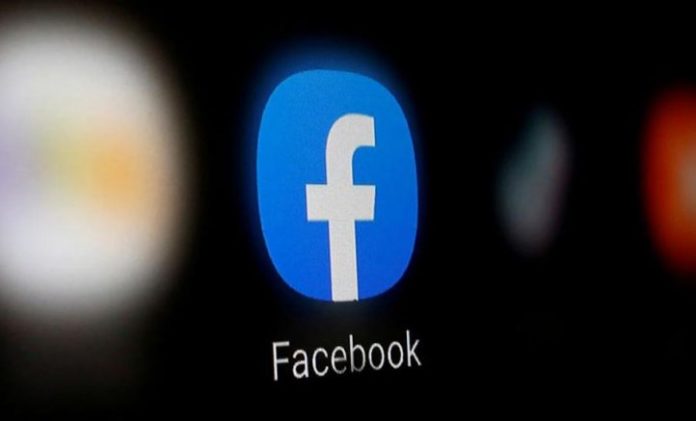With the Georgia runoffs happening as we speak, the GOP is facing a battle on two fronts: the Democrat challengers in the polls and the bias of social media giants online.
Over the weekend, the National Republican Senatorial Committee (NRSC) posted a screenshot of emails they had received from Facebook explaining their account was “disabled” for an “unacceptable business policy violation.”
While the emails do not specifically address what content posted by the NRSC was a violation, the committee had posted an ad the day before on Twitter, which ad appears
to have been duplicated on Facebook:
After fierce backlash from conservatives, Facebook responded by claiming, like many times in similar cases, the ban was part of an “automatic process” and was done so “in error”. It also added that the account had been restored.
Facebook did not say which part of the video, or any other content posted by the NRSC, was cause for an automatic flag. Reviewing Facebook’s policy regarding “information on ads about social issues, elections or politics in the United States during the 2020 election” clears up nothing, as their wording leaves room for interpretation and the potential for inconsistent application.
While conservative content faces undue scrutiny, the left seems to be able to post anything it pleases. This includes an August 27 ad from the DNC accusing the President of “creating orphans” and an August 20 ad claiming the President was working to “prevent Americans from voting”. None of these and similar ads were flagged, let alone blocked.
A video featuring California Secretary of State Alex Padilla and Michigan Secretary of State Jocelyn Nenson aired before the election, and was dramatically misleading. The secretaries attempted to argue that mail-in voting and absentee voting were the same, and therefore mail-in voting was just as safe as absentee voting.
However, all absentee ballots are cast by mail; yet not all mail-in ballots in 2020 met
the various requirements set out by each state in previous elections, many of which were suspended due to Democrat pressure amid the pandemic.
Furthermore, Democrats were not arguing for an extension to absentee ballots, but instead for a universal mail balloting system. This is fundamentally different in application as seen by the overwhelming wave of ballots the United States Postal Service had to sort long after Election Day and, therefore, its security and integrity could not be assured.
False equivalency issues aside, the advertisement is still available on the DNC Facebook page because the claims do not technically violate the site’s guidelines. The terms state that content will only be removed if it negatively discusses mail-in voting.
The policies also outline bias within the site’s programming itself. While Facebook supposedly disallows any candidate from prematurely claiming victory, the site sent an alert the morning after Election Day to users calling Joe Biden the winner before key battleground states Wisconisn, Michigan, Pennsylvania or Nevada were called for either candidate.
However, post-election political bias is not a new phenomenon as reports from the President’s first election show a surge in the creation of “fake fact-checkers” that push a left-leaning bias.
An archived page from shortly after the President’s inauguration in 2017 on the news aggregator site WND News listed a number of “fact-check sites” that were reportedly run by Democrats claiming to be unbiased.
Despite the internet gatekeepers slowing the flow of information from conservatives, campaign leaders have said they will not give up and will “hold the line” in Georgia and on social media.






